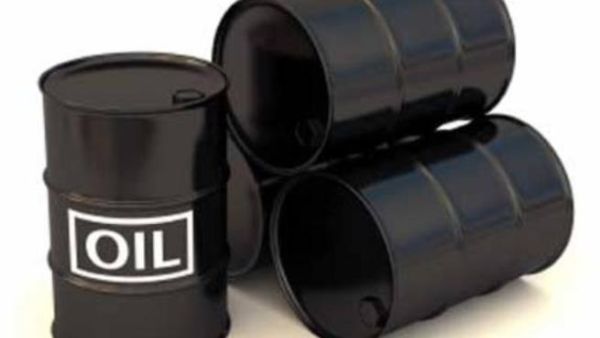Close to 1,000 tons of fuel are flowing each day from Lebanon to Syria as local traders worry about Lebanon becoming entangled by international sanctions against its warn-torn neighbor.
Dania Nakad, general manager of Wardieh, a major fuel importer, believes that fuel exports to Syria are illegal under sanctions imposed by the United States and Europe.
Despite the very high margins involved, Nakad said her company was not taking part in the trade.
We deal with European and American refineries, and we cannot risk any exposure. The Lebanese government should act to end this situation to protect Lebanon from potential consequences of the trade, she said.
There is a very serious move by international stakeholders to tackle this issue and Lebanon cannot afford not to abide by international sanctions, Nakad added.
However, Chafik Masri, international law expert, said that in principle, Lebanon would only be violating international law if the United Nations Security Council enacts sanctions on Syrian fuel imports.
The Security Council has not endorsed any sanctions banning fuel exports to Syria, as China and Russia have vetoed any such resolution.
An industry source, who did not wish to be identified, told The Daily Star that the real concern was the sizable financial transactions resulting from the trade entering the banking system, which could expose Lebanese banks to European and U.S. sanctions.
The shipments to Syria are being paid for in cash by Lebanese companies that initially purchase fuel and then forward it to another company that ships the diesel to Syria.
The source of the cash would be very difficult to trace,†the source said, adding that most international suppliers have ended relations with Syria over the very high compliance costs on any financial transactions involving Syrian banks or officials.
As for the issue of imports themselves, head of the Oil Importers Association Bahije Abou Hamze said Lebanon has not been informed that it should take action on fuel re-exports.
Neither the United Nations nor Europe nor the United States has yet asked the Lebanese government to clamp down on fuel exports to Syria, Abou Hamze told The Daily Star.The exports are going through legally and through internationally recognized crossings.
The Energy Ministry and the Customs Department has put together a mechanism allowing fuel re-export to Syria, industry sources said. Special permits for re-exporters are being issued by the Lebanese government.
Abou Hamze estimates that no more than 15,000 tons of fuel is being exported to Syria on a monthly basis. The industry source, however, puts the actual quantity at double Abou Hamze’s estimate.
Imports of oil and fuels increased 31.8 percent year-on-year to $5.9 billion in 2012, partially caused by the increase in re-exports to Syria, in spite of the slowing economy, which grew only 1.5 percent in 2012. Non-hydrocarbon imports fell 1.9 percent, hitting $15.4 billion.
Shipments are primarily going for the civilian population in areas across Syria particularly during the cold weather,†Abou Hamze said. “It is not being used for the military.








